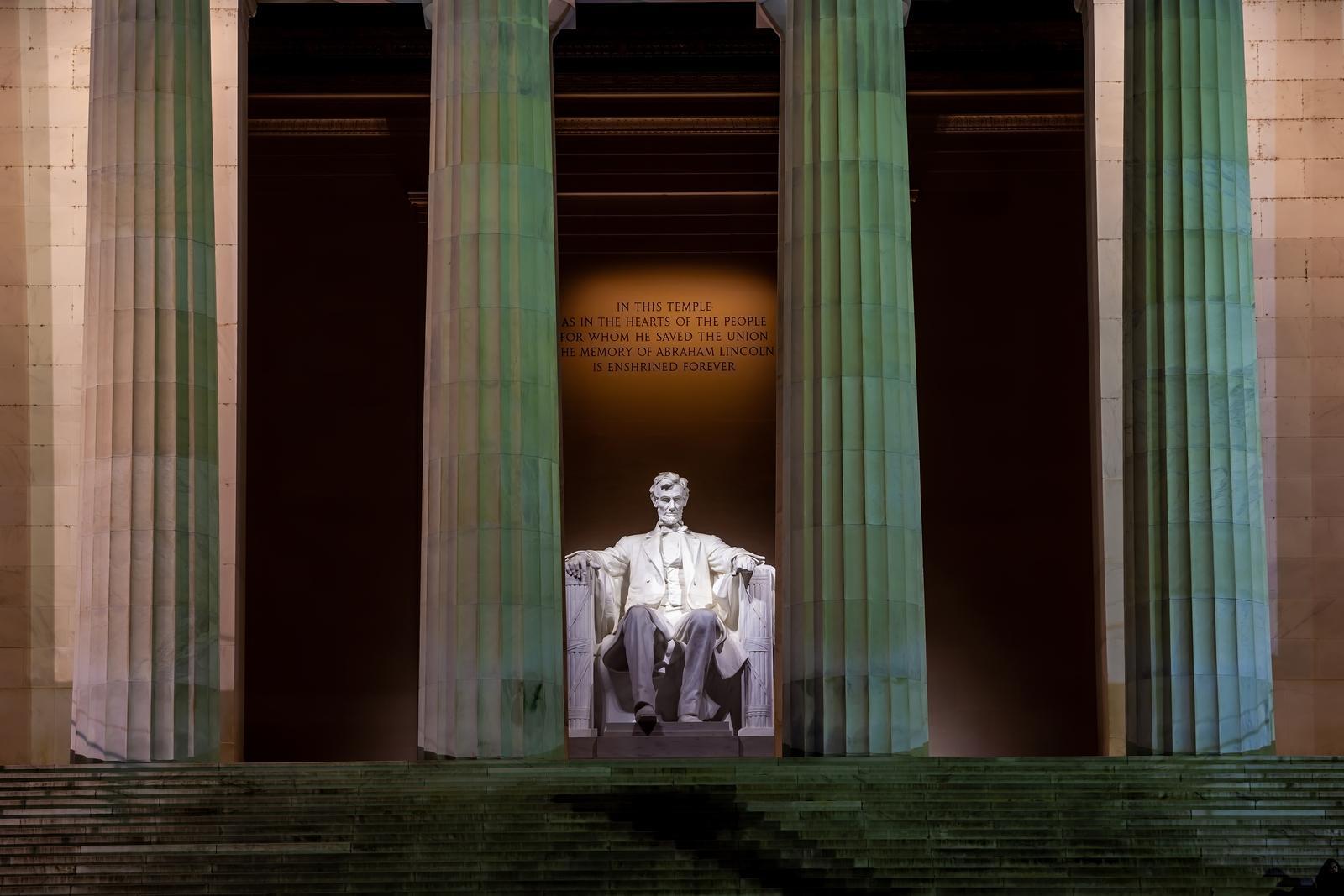Black History Month is a time to pay tribute to generations of African Americans who have lived in United States and struggled through centuries of hardship, misfortune, danger and adversity to become full citizens of this nation as defined in the 14th Amendment of our Constitution.
Moreover, Black History Month is a time to rejoice and celebrate African Americans’ many historical achievements and cultural contributions.
However, last month in Florida, Gov. Ron DeSantis made it clear that studying Advanced Placement (AP) African American studies would not happen in his state’s public schools—even for those people who choose to study it. In a letter sent to the College Board, the state DOE wrote the course is “inexplicably contrary to Florida law and significantly lacks educational value.”
"We have guidelines and standards in Florida,” DeSantis said. “We want education, not indoctrination.”
The real question today is who is determining educational value?
“Black history is not inferior, and Black history does not lack educational value,” the Rev. Dr. R.B. Holmes Jr., pastor of Bethel Missionary Baptist Church in Tallahassee and a former Republican, told USA Today. Colin Mitchell, president of the Florida State Conference NAACP Youth and College Division, told WESH-TV that, “my own culture of history, which is a part of American history, is being removed.”
Gov. DeSantis said The College Board AP course is filled with a political agenda. “That’s the wrong side of the line for Florida standards. We believe in teaching kids facts and how to think, but we don’t believe they should have an agenda imposed on them.”
According to the National Council for the Social Studies (NCSS), the need to support more inclusive, intentional and historically accurate curriculum must be recognized.
“It is the ethical responsibility of social studies professionals to provide to every student the knowledge, skills, experiences, and attitudes necessary to function as an effective participant in a democratic system,” said NCSS in a statement on their website.
This concept has been a part of AFSA’s guiding vision. Delegates attending the Eighth Triennial Constitutional Convention more than 25 years ago passed a resolution that states: “AFSA believes in the equality of all individuals. Discrimination and stereotyping of individuals for any reason must be eliminated. AFSA believes that public schools must show tolerance and understanding towards individuals of different races, ethnicity, color, national origin, language, geographic location, religion, gender, sexual orientation, age, physical ability, size, and marital, parental, or economic status. Such individuals have contributed to and enriched our society. Their similarities and differences have helped to form the unique qualities of our society.”
NCSS laid out current events thusly: “Social studies education is a topic of debate for national and state legislatures and local school boards this year. This debate has resulted in a number of bills being introduced in state legislatures concerning what should or should not be taught in the PK–12 social studies classroom. We are pleased to see citizens engaging in discussions surrounding citizenship, race, gender, equity, and other social studies topics. Yet we have become aware of the need to address misconceptions that have arisen surrounding what others have labeled as ‘divisive concepts.’”
Education Week reports that since January 2021, 17 states have enacted laws or other policies that dictate how teachers can discuss race, civics and controversial issues. Pundits and parents have falsely claimed that schools are teaching “critical race theory,” and have pushed to ban books that they argue discuss race in inappropriate ways.
In numerous cases, it has been said that “uncomfortable” topics must be removed.
NCSS states that critical race theory has been used by some as an argument to ban the teaching of such concepts as race, racism, white supremacy, equity, justice and social-emotional learning, as well as to limit the teaching of content such as slavery, Black history, women’s suffrage and civil rights. Efforts to ban these topics aim to eliminate any meaningful discussion of race or the historical roots of racism in our classrooms.
The accurate and truthful and complete representation of historical events is necessary and beneficial for all students to learn. As the largest organized group of social studies educators in the world, NCSS does not support presenting nonfactual or partial knowledge that will not allow students to engage in solid inquiries for making decisions and drawing conclusions.
Black History Month opens the door for us as a nation to take on difficult issues. As educators we must support and encourage the teaching of race, racism and the history and impact of slavery on this nation. Truthful and honest history can open the door to understanding and caring. History is not meant to be comfortable; it is meant to be factual. If we can take a step forward on this topic, we can open the door to discuss anything.
